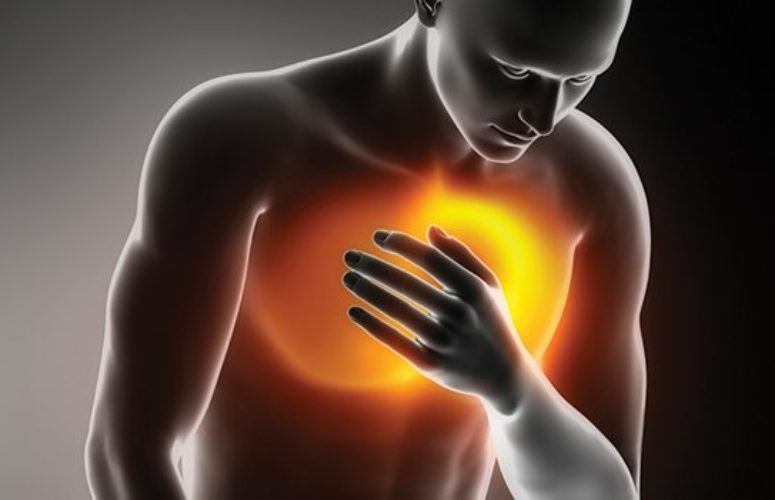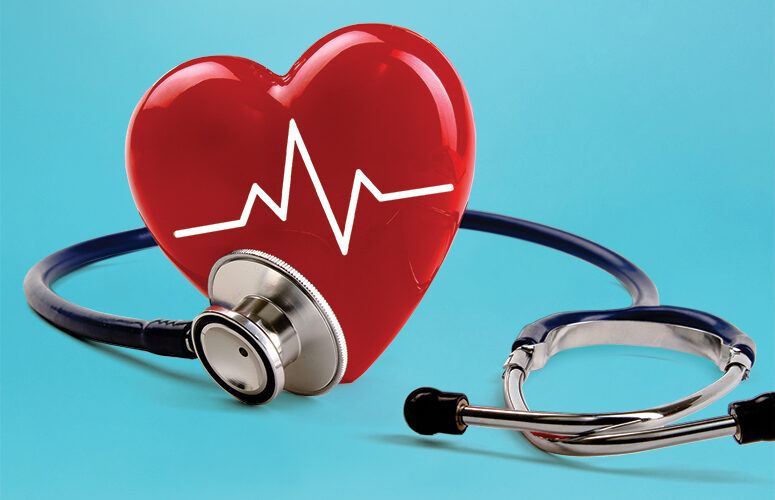
Coping with Heart Disease After a Cardiac Event
By the American Heart Association On Dec 1, 2015Most of us think that heart disease will never happen to us. … Unfortunately, it can. In fact, heart disease is the No. 1 killer of Americans in the US and in New Jersey. Cardiovascular diseases claim more lives than all forms of cancer combined and about 85 million Americans are living with some form of cardiovascular disease or the after-effects of stroke – including many individuals right here in the Garden State.
“The first days and weeks after you leave the hospital after a cardiac event or diagnosis can be a frightening and confusing time,” says Marcus Williams, M.D., spokesperson for the American Heart Association and cardiologist with Cardiac Associates of North Jersey in Oakland. “Patients often feel overwhelmed adjusting to significant changes including recovery, medications and lifestyle changes.”
According to the American Heart Association, there are some things people can focus on which may help them manage their condition while recovering and regaining strength. Patients should know their treatment plan – which should include addressing both physical and emotional needs.
Many physicians will recommend a cardiac rehabilitation program to aid in recovery. By attending this type of supervised program, the patient receives education and counseling services to increase physical fitness, reduce cardiac symptoms, improve health and reduce the risk of future heart problems, including heart attack. Additionally, the American Heart Association and the American College of Cardiology have developed national guidelines to help reduce the risk of future problems.
These guidelines help physicians develop a treatment plan, including medicines and lifestyle changes such as diet and physical activity. “All patients should know their goal numbers for their blood pressure, cholesterol and weight,” Dr. Williams says. “Once you know the goals, then work with your healthcare team to achieve them and keep them.”
Along with the physical recovery, many heart disease patients need to learn how to cope with their feelings. Unfortunately, many survivors feel alone, scared or different from the person they were before they learned they had heart disease.
“These feelings are common and they may go away as the patient learns more about their heart condition and how to manage it,” Dr. Williams adds. “Emotions can affect recovery and risk for future cardiac events, so it’s important to understand your feelings, recognize problems and get help if needed.”
After any illness, it’s normal to feel afraid and unsure of the future. Every heart patient has some degree of fear, anxiety or even depression, but if these feelings are overwhelming it can prevent the patient from getting well and staying well. Patients shouldn’t be afraid to talk about their fears to their healthcare provider to seek help.
After a cardiac event or diagnosis, it’s important to follow doctors’ orders and seek help if feelings of fear, anxiety, depression or anger become overwhelming. The American Heart Association offers a free online support network (supportnetwork.heart.org) for cardiac survivors and caregivers. This network is an opportunity to connect with others who can relate to your experiences and offer words of encouragement and additional resources.
Keep in mind that although challenging, heart disease does not mean the end. By learning how to manage the changes, survivors go on to live long, fulfilling lives.
Related Articles:






